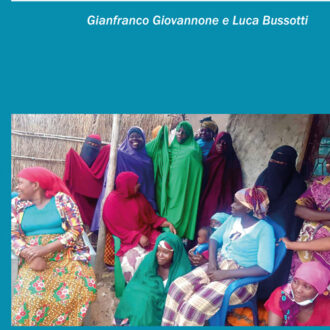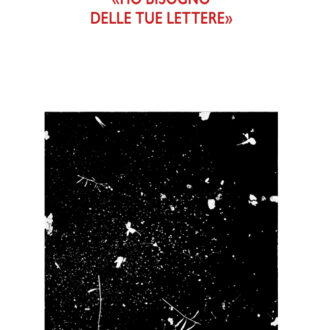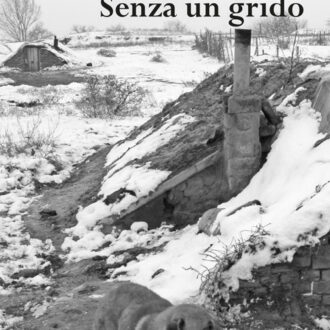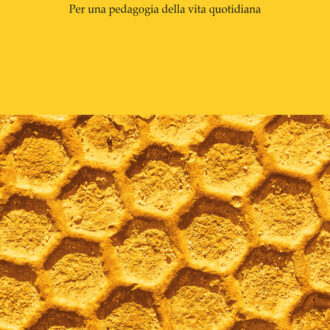ABSTRACT
El verbo es, sin duda alguna, la clase de palabra que más ha interesado de la lengua de los romances viejos, en especial por ese fenómeno tan extraño como sugerente conocido como la «mezcla de tiempos». Mucha menor atención han merecido ciertas alternancias verbales, también frecuentes en el género, como las que se basan en el arcaísmo, las que afectan al orden de los componentes de los tiempos compuestos o las que enfrentan perífrasis a las formas simples correspondientes.
El análisis de los cuatro rasgos en un amplio corpus de estas composiciones, objeto de este artículo, ha demostrado la influencia de la métrica y la «dicción formulística» en su aparición.
The verb is, undoubtedly, the part of speech that has received the greatest attention in the language of the romances viejos, especially that strange and suggestive phenomenon known as «tense mixing». Other features of the verb, also common in the genre, have attracted far less attention. They are based on archaism; on the order of the components of the compound tenses; or juxtapose periphrasis and the corresponding simple forms. The subject of this essay is the analysis of these four features in a large corpus of these compositions, which has shown the influence of the metrics and «formulistic diction» on their development.












Recensioni
Ancora non ci sono recensioni.